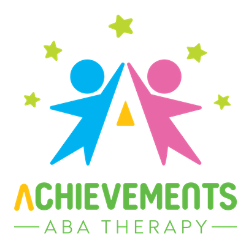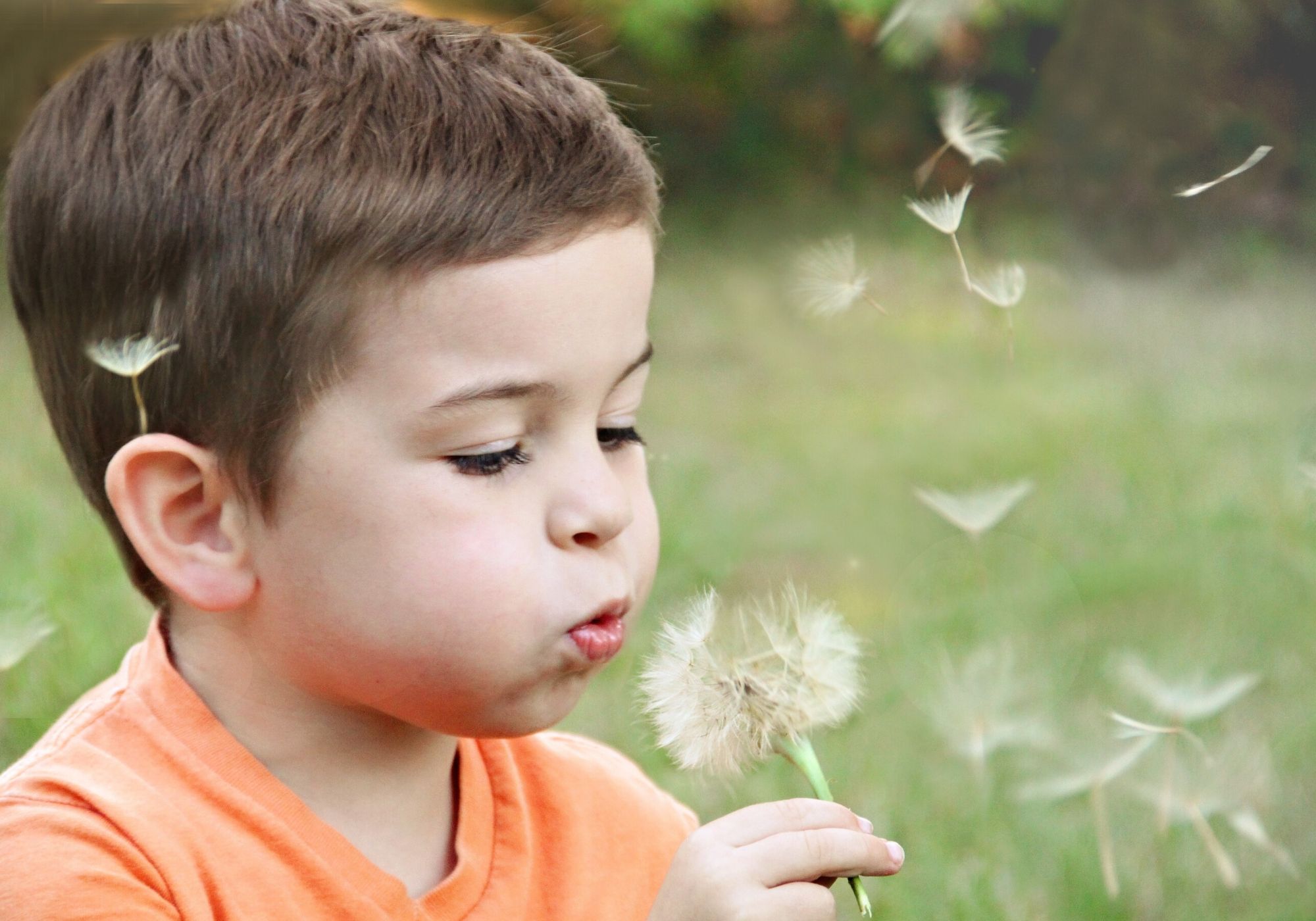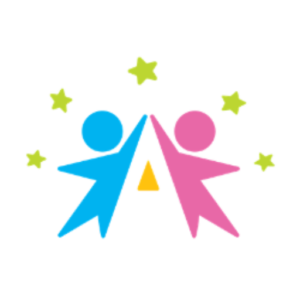ABA (Applied Behavior Analysis) is based on what we call the ABC Model.
ABC stands for Antecedent, Behavior, Consequence.
1. What is an Antecedent?
An antecedent is described as the “trigger” for the behavior that happens right after. If the trigger or antecedent does not happen, then the behavior does not occur.
Antecedents come in three different forms: events, objects, and people.
a. Event
If your child’s bus driver gets lost on the way home this may cause your child to come home dysregulated due to the change in routine and display tantrum behavior. The bus getting lost on the way home from school thereby causing your child to come home late and have a change in routine is the antecedent/trigger for the tantrum behavior.
Another example is when a child asks for candy and mom says no. This triggers the child to stamp his feet and yell. Mom telling the child no is the trigger for the stamping feet and yelling.
Examples include being told what to do, the child not getting what he/she wants, the child not getting attention.
b. Person
Many times a specific person can be an antecedent to problem behavior. Sometimes when Dad tells a child to clean up the toys, he will comply. When mom asks the same request, the child will refuse to listen and continue to play.
Mom giving the direction serves as the antecedent to the non-compliance in this case.
c. Object
An example of an antecedent in the form of an object can be an alarm clock. When the alarm clock rings this causes your child to wake up and get ready for school. The alarm clock is the antecedent for your child to wake up.
2. What is Behavior?
The specific response of the child in a situation is known as the behavior.
Examples include hitting, talking back, whining, and yelling.
What is a Consequence?
Whatever happens after the behavior or the response to the behavior is considered the consequence in the ABC model. This does not have to mean a negative consequence. Consequences can include candy, verbal praise, or even a natural consequence such as a soda coming out of a machine after placing a quarter inside. This is what causes the behavior to happen again. If I put coins in a soda machine and nothing came out, after a few times, I would stop using those machines.
Other examples of consequences include time out, ignoring, or privilege removal. Some positive examples of consequences are rewards, hugs, or praise.
click here to download our ABC Data Collection Sheet.
How does this information help us? Read about the four functions of behavior and behavior support plans to learn more on this topic



















